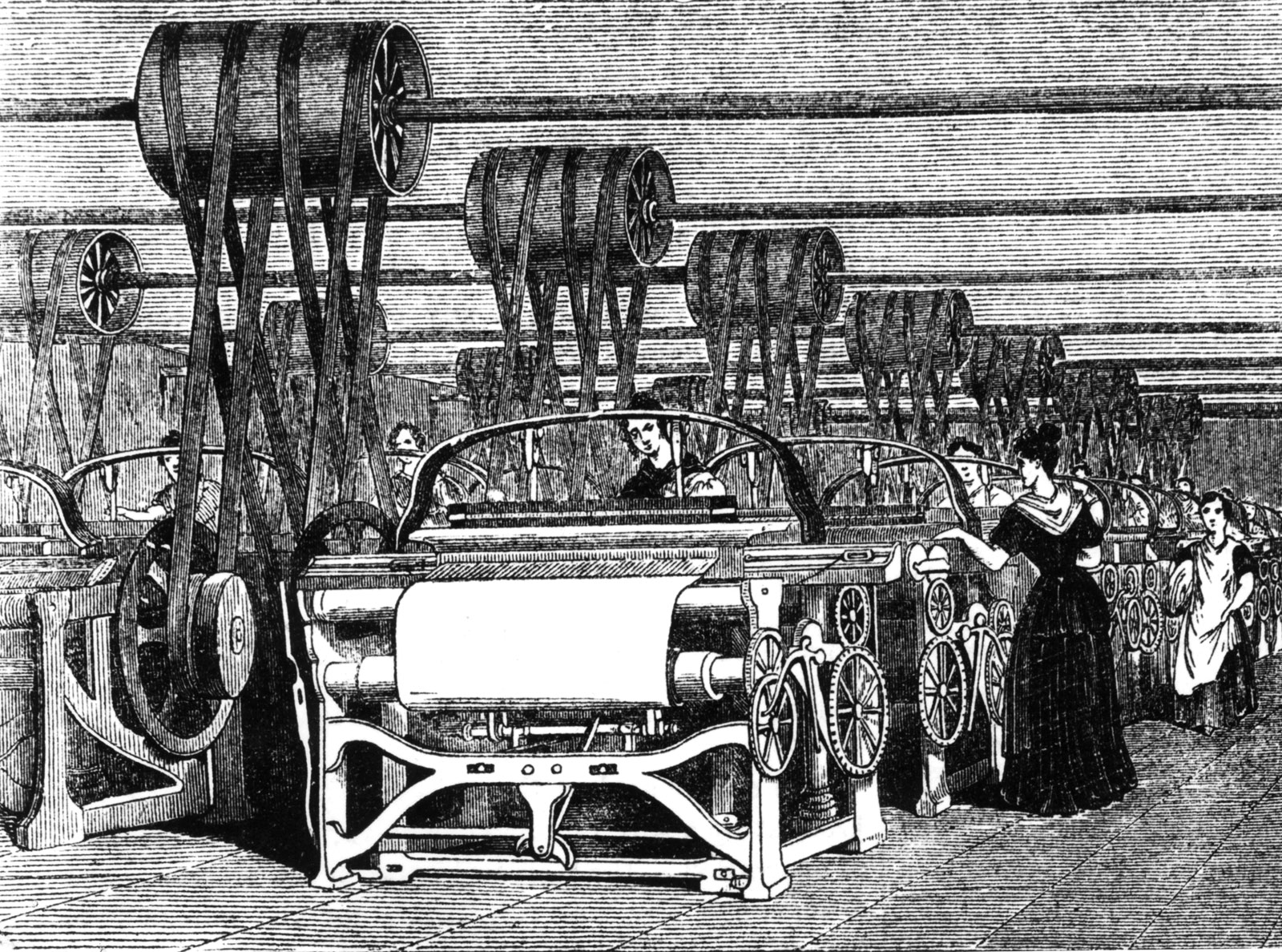A few weeks ago Samuel Hammond posted some interesting thoughts on multi-sided platform (MSP) technologies like Uber and PayPal, and the role they play in providing forms of governance. You can read the whole thing here, but the outline is as follows: Governance—that is, things like rational planning to solve co-ordination problems, the setting of rules and assigning of rights, etc—is done not just by states but by private companies, too. Platform technologies (essentially those which enable interaction between different groups of people) are a good example of this. Amazon and Ebay, for example, are virtual marketplaces which connect disparate buyers and vendors from across the world, whilst PayPal is not only a payments processor but an arbiter of commercial disputes, with procedures to file a complaint and rules on when compensation is entitled.
'Good' governance occurs when the rules set and rights assigned are reasonable to both sides of a transaction, and when the total societal cost of any regulation is kept to a minimum.
State governance schemes are well-intentioned, but can be rather crude and inefficient in their execution. Take taxi-regulation for example: licenses guarantee a certain level of quality and safety for consumers, whilst regulated fares remove the cost and risk of having to haggle for every journey. At the same time, though, these regulations result in high prices, inflated barriers to entry, a lack of competition and little reason for incumbents to innovate or improve their service. Whilst the state tries to efficiently balance the costs regulation imposes on each party it often falls short, both because of the grand Economic Calculation Problem, and things like capture of the regulatory process by special interest groups.
In contrast, Hammond argues, MSP technologies are very good at being governance institutions. For example, Uber has ruffled so many feathers because its popular service is arguably a superior system of taxi regulation, thanks to its use of participant rating systems, safety features, an algorithmic pricing structure and so on. And, by controlling a bottleneck to market access, Uber to some extent acts as a de facto private licensing authority.
These 'market regulators' tend to be good at governance for a couple of reasons. One is that they're free to harness new technology and experiment with different setups, driving down transaction costs. Another is the fact that a rival platform may always come along an offer an alternative service— and, as Hammond notes, "the only way to supplant an incumbent platform is to adjust the governance structure in a way that social costs are better compensated by maximising the bargaining surplus". This ensures that even when a market regulator looks like a natural monopoly, so long as there is the possibility of exit, the cost of regulation will tend towards the social minimum.
Hammond argues that this means that MSP technologies are not just a bit better at governance than state institutions, but that "they potentially meet the economic definition of an ideal 'public interest' regulator". And, just as Uber challenges traditional taxi governance models, we can imagine a future where all property rentals are listed on something like Air BnB, with tenancy acts and local regulation displaced by market-set rules and regulations which efficiently balance the interests of renter and landlord.
Such a situation should perhaps not be understood as 'deregulation', but a shift in the act of governance from the state to the firm, resulting, we assume, in reduced costs to society as a whole.
I particularly liked this post because it complemented some thoughts (and assuaged some fears) I'd had about the state harnessing new technology and commercial consumer insights to better perform its functions. In November I wrote a rather gloomy piece on 'algorithmic regulation' and the government's use of things like 'big data' and behaviour prediction to create more efficient, streamlined, and reflexive regulation, which, like the google search algorithm, would be constantly reviewed and updated according to insights generated into 'what works'.
Such algorithmic regulation, I thought, could make government regulation more efficient, less irrational and less intrusive—but it could also open the doors to forms of dystopic technocracy. Once governments have the ability to create, access, and utilise vast swathes of information on their citizens, they're likely to want to expand their scope of operations. Perhaps they'll be tempted to 'connect the dots' between different types of lifestyles and tax income, health outcomes and the like. The opportunities for Nudge-on-crack policies could be everywhere. In addition, behind the seemingly apolitical goal of 'rule by algorithm' it's easy to smuggle in hidden political assumptions, and use questionable or untrue assumptions to dictate what our government supercomputers do. Nonetheless I felt I was being an unwarranted techno-pessimist, so I filed it away my wonderings before resurrecting them recently on my tumblr.
However, Hammond's post sketches out an alternative governance system I'm much more of a fan of. Instead of harnessing private sector insights and using them to aid an intrusive and bloated state, he imagines a situation where government effectively outsources certain functions to private bodies (Uber as a private licensing authority, etc). And, because these bodies have to respond to market pressures, if they do a bad job or overstep the mark parties can vote with their feet. These alternative governance systems are less likely to cater to special interests, and don't require the state to handle so many terabytes of personal data. We still have algorithmic regulation, but done more on the terms of the parties affected instead of the state.
To me, neither of these two futures of regulation seem implausible. But I certainly know which one I'd prefer.











